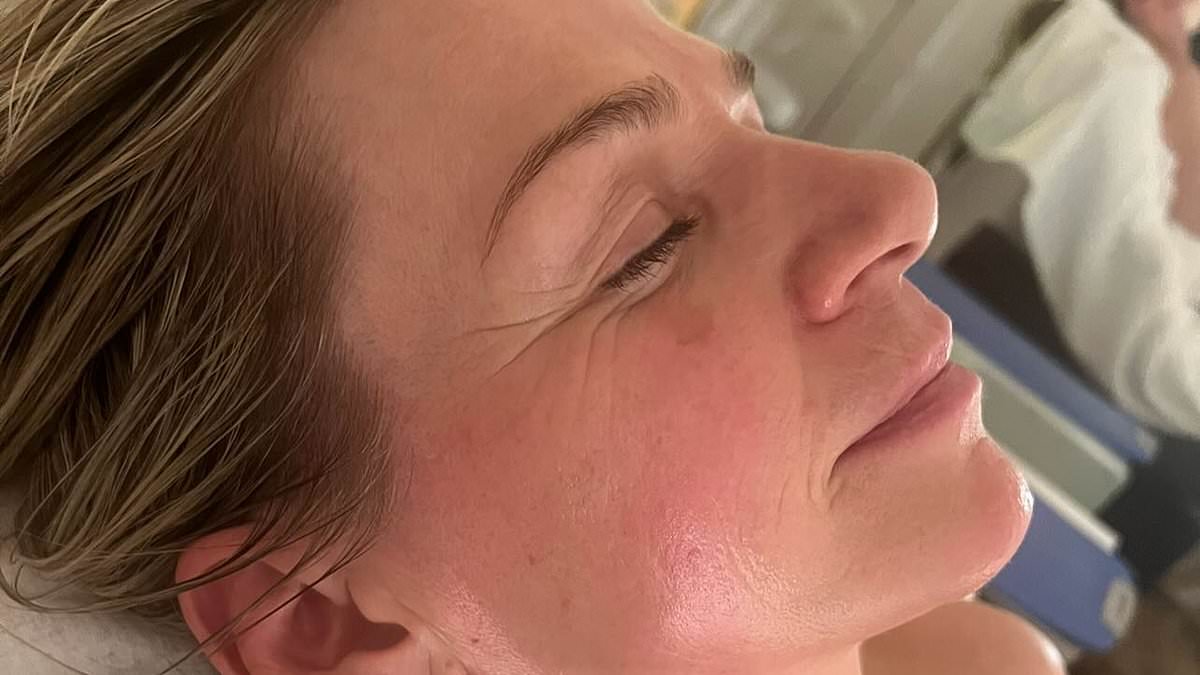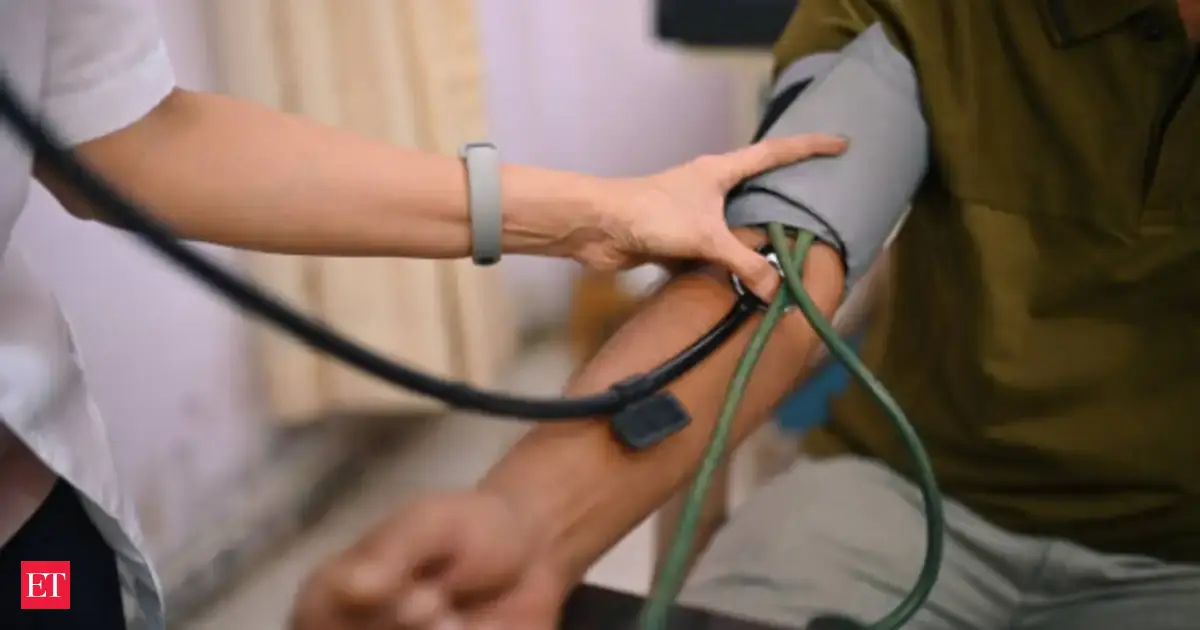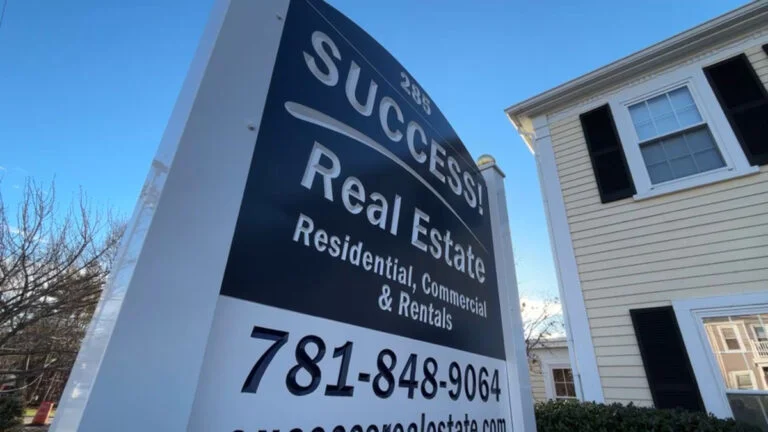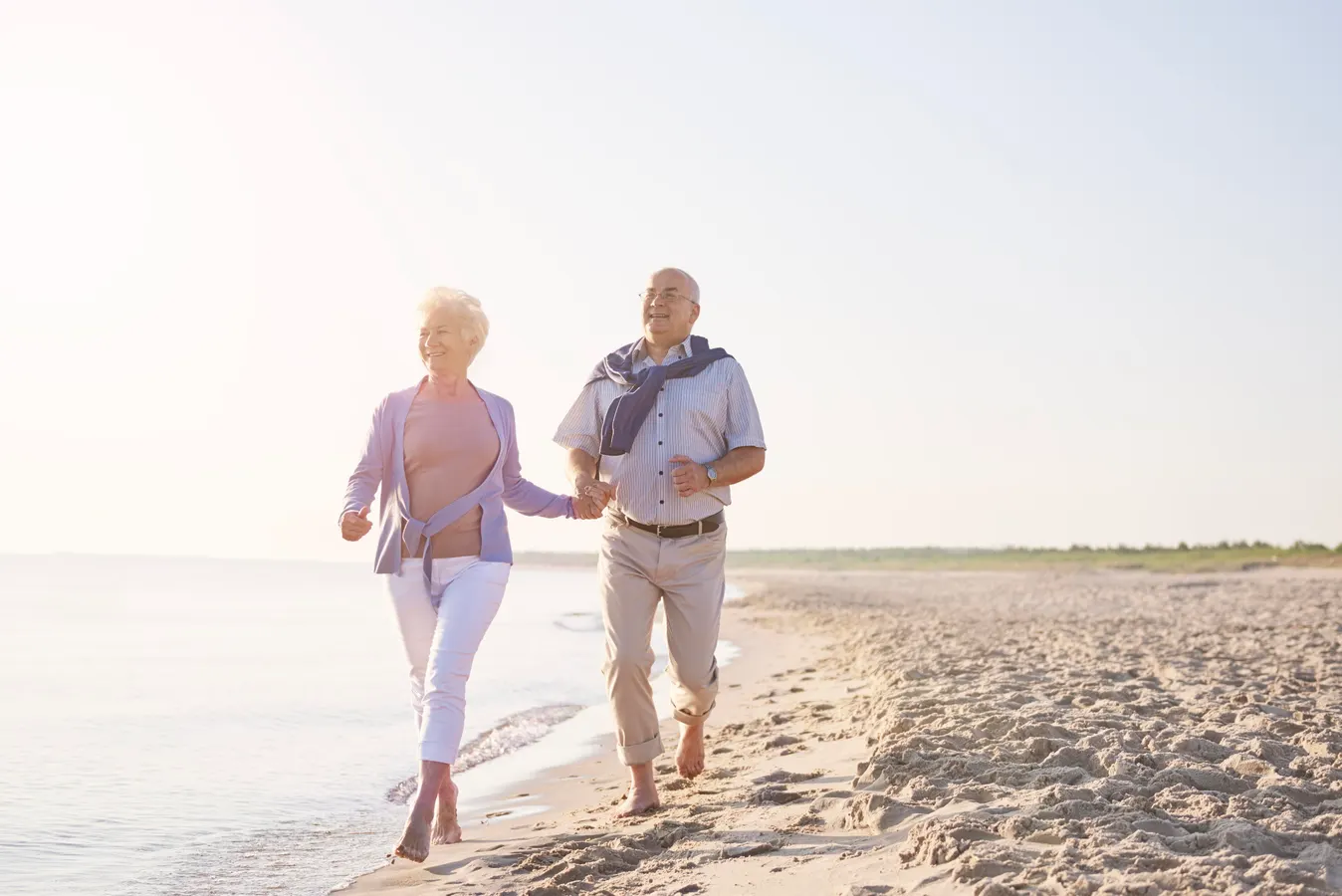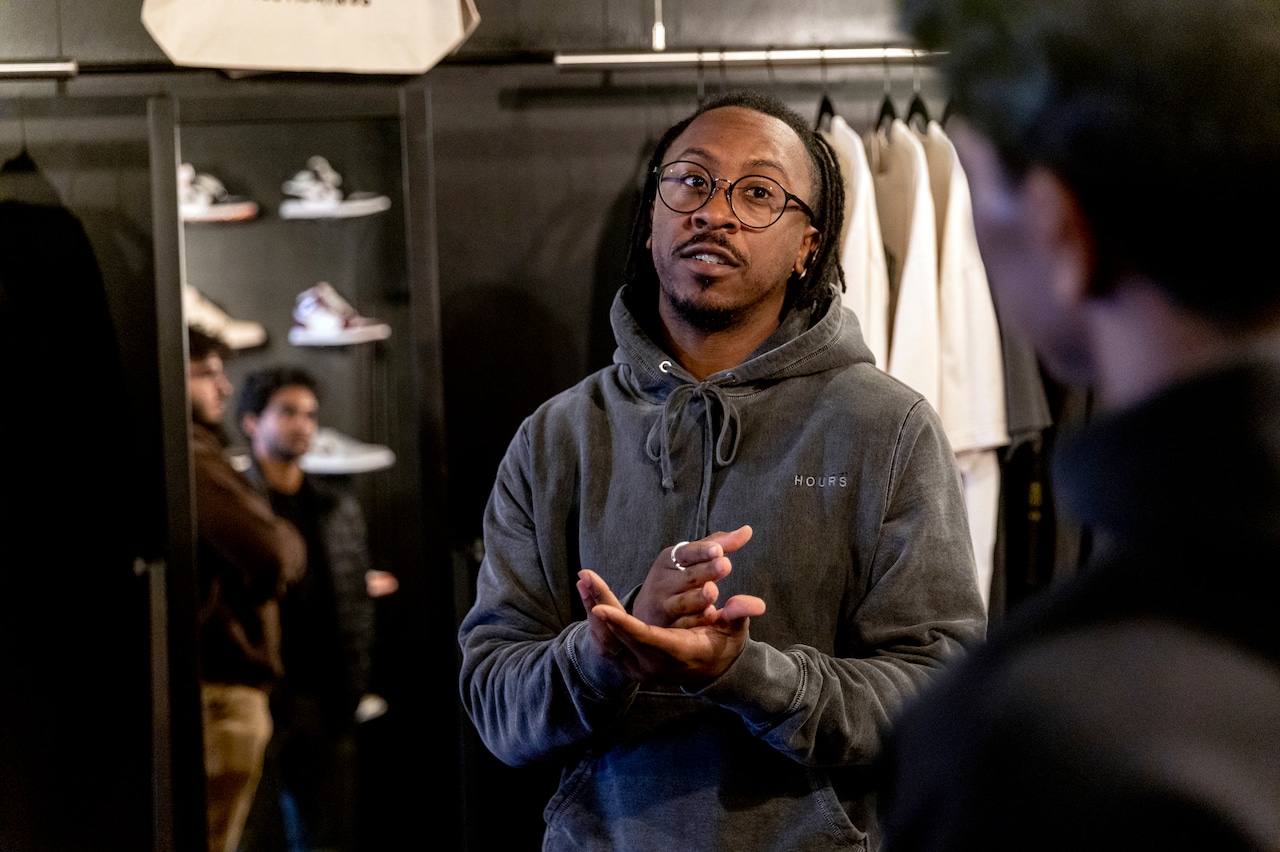
FLINT, MI — Violence is not cool.
That simple message is the spark to a creative approach Lee Grant Allen is taking to help build greater conversations through hands-on opportunities for youths to find positive pathways in Flint.
Lee Grant Allen, founder and CEO of BAUHOUSE, wants to help curb violence in Flint and is hosting six sessions to show different avenues for youth in the community to use their voice and mind through creativity to elevate themselves instead.
The program is called “Behind The Design,” which uses art disciplines to empower young people and showcase how creatives shape the world we live in.
It encourages exploring creative outlets to handle life’s challenges and inspire resilience and aims to reduce crime, strengthen community connections and promote positive growth.
Through hands-on workshops, mentorship from artists and designers and focus on practical skills, the program looks to motivate people, especially Flint youth, to overcome systemic obstacles, building pathways to success.
“There’s been a lot of violence going on within the city, and we want to create this platform to help show the younger generation that there are better ways to express themselves,” Allen said.
The first session of the series will take place at 2 p.m. Saturday, Oct. 4 at BAUHOUSE, located at 511 Buckham Alley in downtown Flint.
The two-hour event is free and open for everyone.
Allen is encouraging those 15 and older to attend, as he said it’s the age range with the most potential for positive change.
It will feature Flint rapper Jeff Skigh alongside producer Selah Zeus and sound engineer Ryan Bassgod.
They will aim to give feedback on using your voice with songwriting and how music comes together while doing the same for the community.
Skigh will unpack one of his songs, his inspiration and personal experiences growing up in Flint and how he uses his voice and songwriting as an outlet to make music as a voice for change.
“I use my music to write in general as a way to express myself, with that, I understand the impact of what I say can affect people,” Skigh said. “If there’s something negative in my life, I don’t make it sound like something cool to go through but more to work through and learn from. … I want younger people to express themselves more.
“Violence is not cool. Not just in Flint, but in urban areas, there’s a lot of violence and anger because people don’t think they’re being heard. They don’t know how to challenge that energy into something else. So they are causing harm to others and there’s so much negative energy in the room. They can probably find another way and even just talk about it.”
Skigh said even when he was young, he would listen to different artists and it was difficult for him to know how to separate the artist from the music and the music from the lifestyle.
“It’s important for us to show them, at that teenage age, the affects of what they’re saying and what it means. Teaching them the importance of their words,” he said. “A lot of young people don’t understand or how to express themselves matters. And it does matter.”
Allen said he wants to explore this through numerous avenues of creativity with the ultimate goal of empowering young people in Flint and beyond.
“I think my main goal or objective is to show that there are other means than violence to get your point across,” Allen said. “The power of art and design, and what it can do to truly impact someone’s life in our community, A lot of art movements have been a focal point for protests. It can amplify what is going on in Flint. Art and design is undervalued in social justice. It’s more than just a for profit venture. They can create social change within their lives and within the community.
“Honestly, 15 and up, I really feel like they’re influenced really easily, and I just think they undervalue their voice. They undervalue their skill sets. They don’t know how it can make a change outside of their own bubble.
“If we can catch them at a younger age, we can help them understand the power of their words to help change their lives and their community. The more empowered they feel at a younger age, they will earn a sense of responsibility with the things that they do and things that they say — both in words and actions. That’s huge.”
